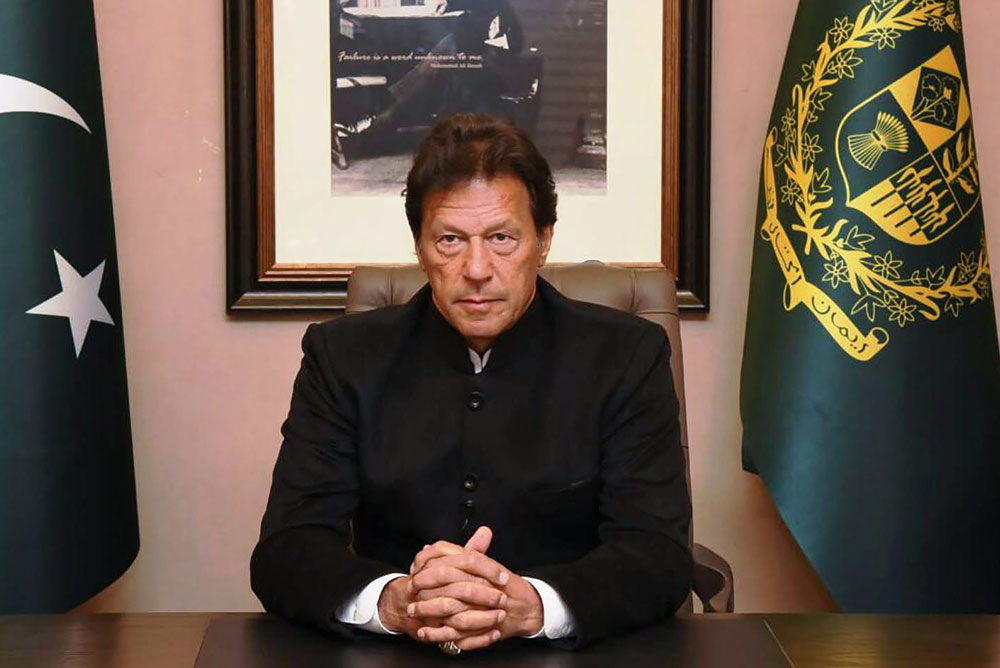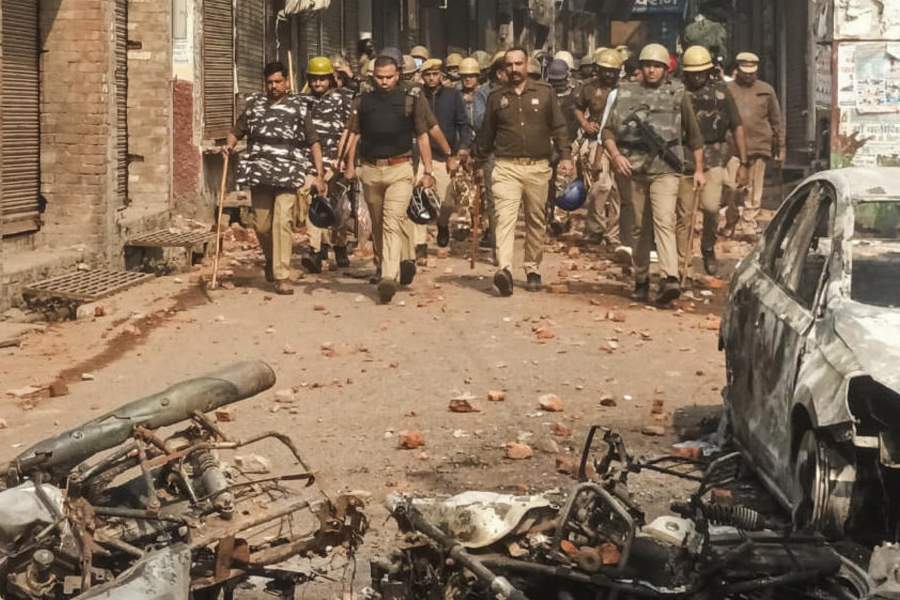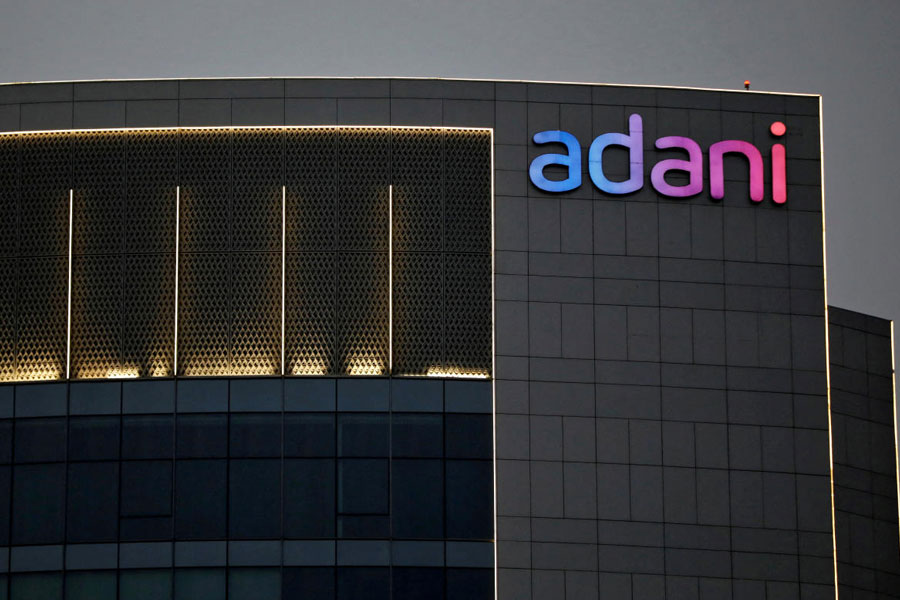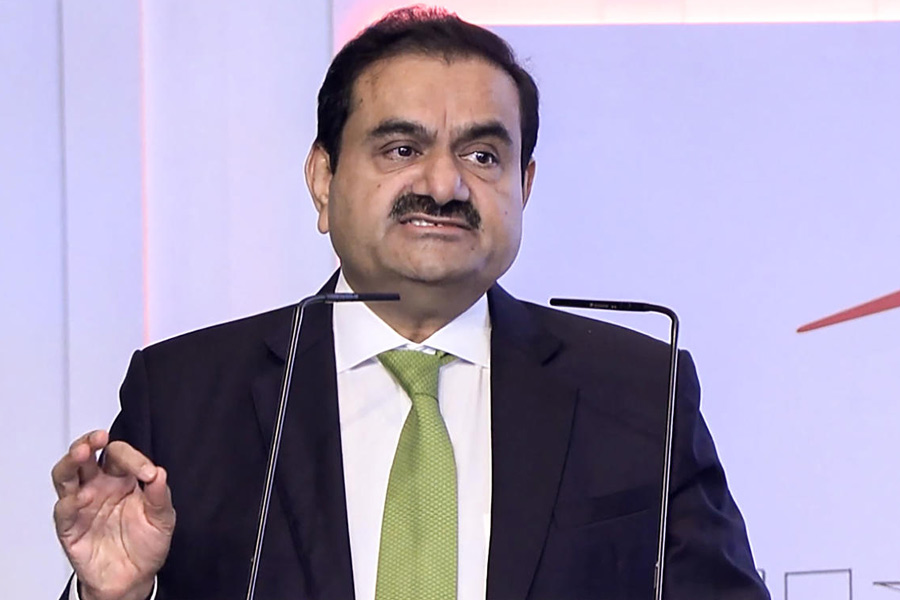The speaker of Pakistan’s National Assembly said late on Thursday that he had tested positive for Covid-19, after hosting an iftar dinner to celebrate Ramazan, and meeting Prime Minister Imran Khan and other high officials earlier in the week.
It is not immediately known if Khan will be tested, but he was checked in April, and tested negative, after meeting with the head of Pakistan’s biggest charity organisation, who was subsequently confirmed to have caught the disease.
Faisal Edhi had met Khan in the Prime Minister’s office.
The National Assembly, the lower house of parliament, is currently in recess, though opposition parties have been calling for it to convene to discuss the government’s handling of the coronavirus outbreak in the country, where the number of cases has risen to 16,817, including 385 deaths.
The decision on whether to convene rested with Speaker of the Assembly, Asad Qaiser, who on Thursday night revealed he had tested positive in the capital, Islamabad.
“I have quarantined myself at home,” Qaiser, who is also a close aide to Khan, said on Twitter. Qaiser met with the Prime Minister on Monday, and has met several other leading figures during the past few days.
The Speaker had hosted an Iftar, the evening meal to break fast during Ramazan, attended by politicians and dignitaries on Monday.
Daily detection of the virus has hit record highs on each of the last three days as the country ramps up its testing. On Thursday, 990 people tested positive. Daily testing is still around 8,000 in the country, which has over 207 million people.
The government says infections are well below projections and that it plans to further ease precautionary curbs after already opening dozens of industries and commercial activities, as well as mosque congregations.
Qaiser is the second high official to be infected in Pakistan after the Governor of the southern province of Sindh, Imran Ismail, tested positive on Monday.
Pakistan’s government agreed to allow mosque congregations after senior clerics and religious leaders threatened to violate restrictions during Ramazan.
The two sides worked out safety protocols for the mosque gatherings, but a social research organisation earlier this week reported that protocols were not being followed.
Prominent doctors pleaded with the government to reconsider the decision, warning that mosque congregations, which are typically larger in Ramazan, could lead to a spike in infections, with hospitals already nearing capacity.
Khan on Thursday warned that the coronavirus crisis could continue for months and lockdown was not a solution to the pandemic, as the total number of the Covid-19 infections rose to 16,117 with 358 deaths so far in the county.
“We don’t know if the current situation will continue for six months or a year,” Khan said while addressing the media along with his top advisors.
“I know that the worst hit due to the lockdown will be poor.”











